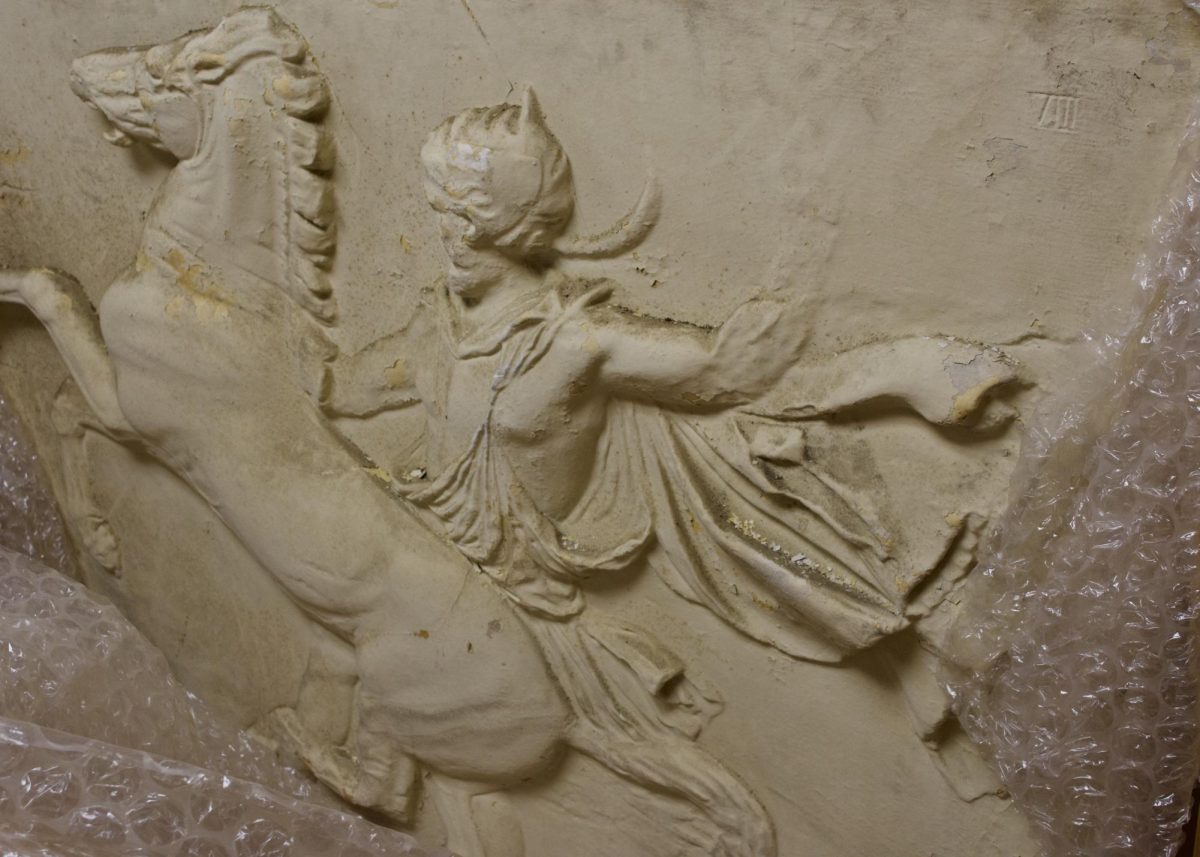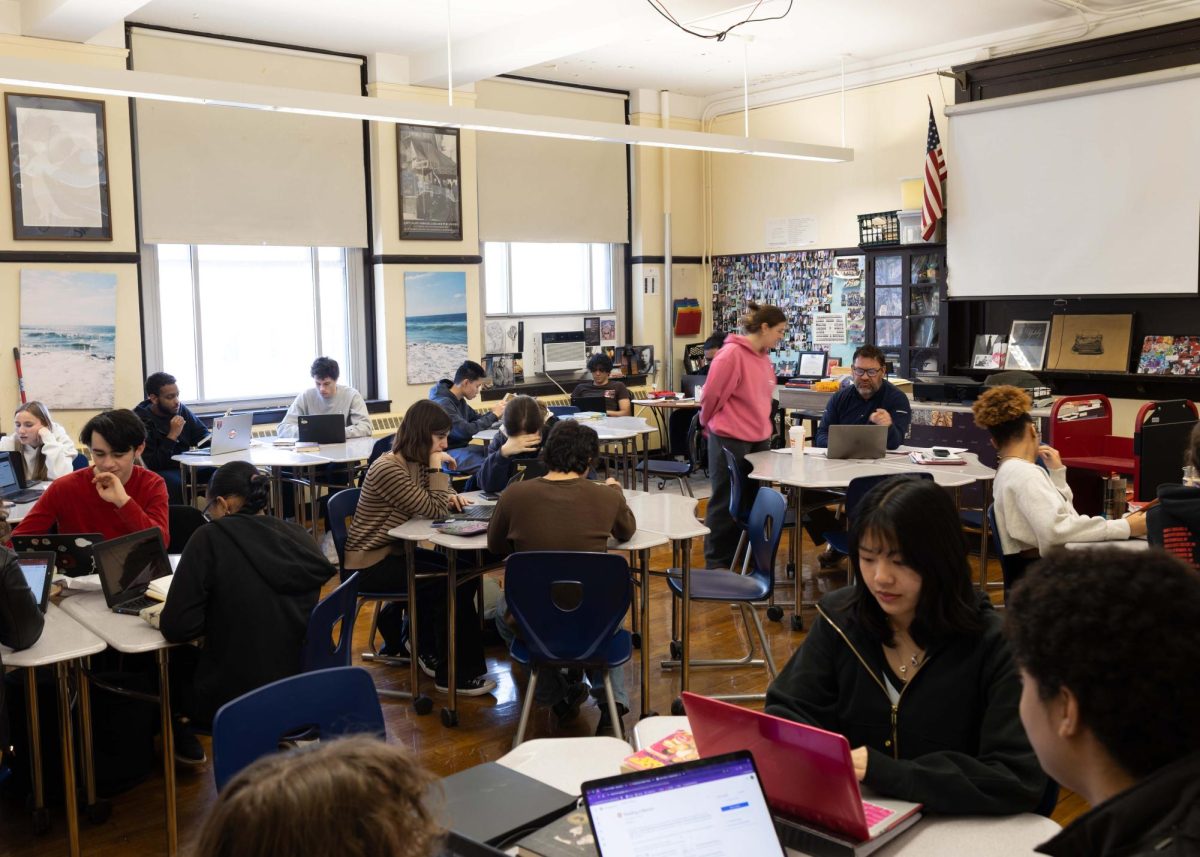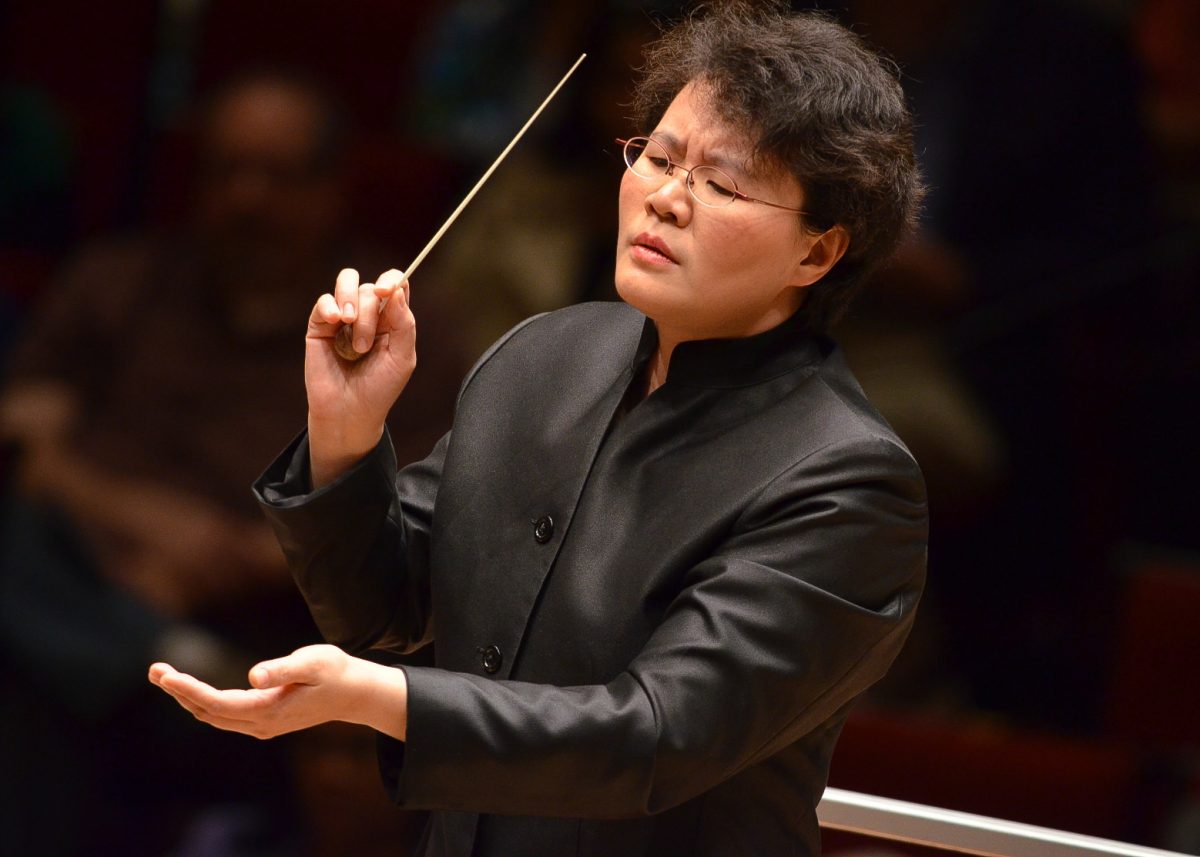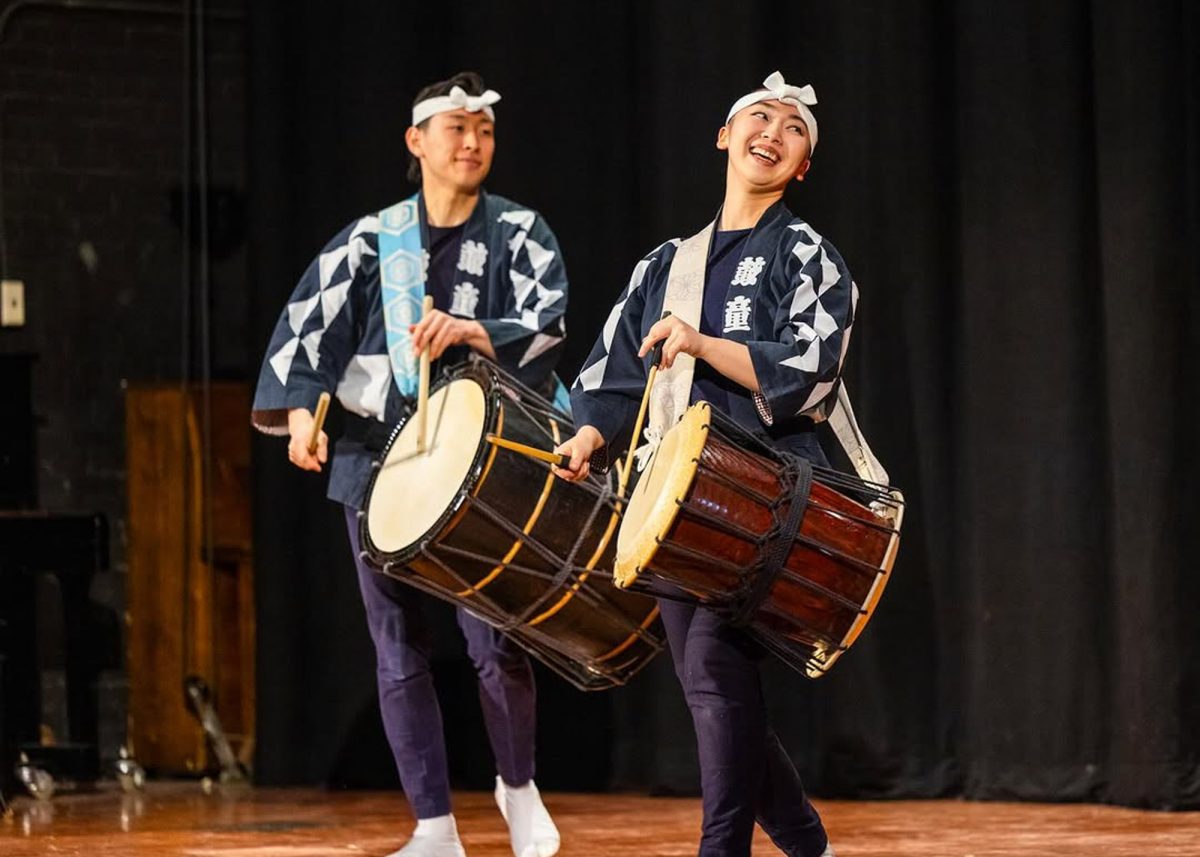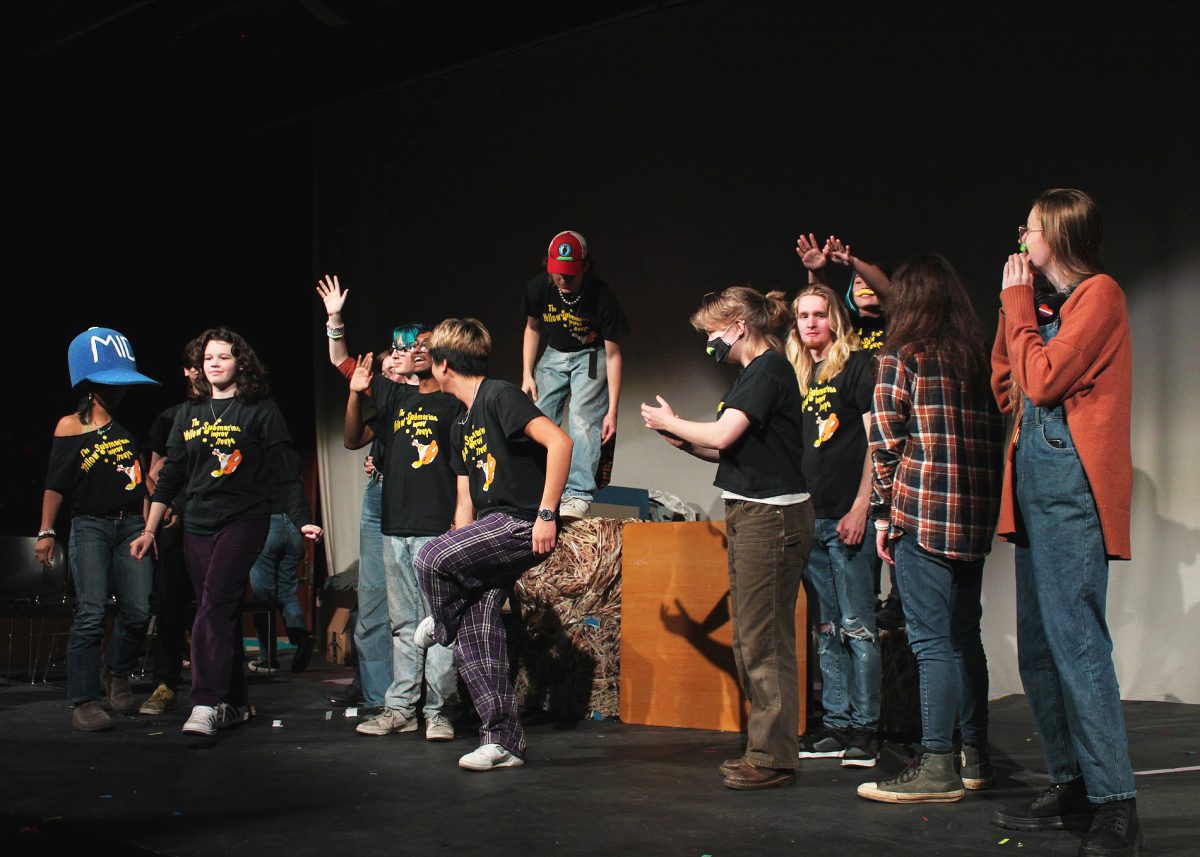For centuries, Boston Latin School’s contemporary classical education has sought to maintain the institution’s traditions and values, “provid[ing] exposure to the ideas and values that have shaped civilizations throughout the world,” reads the BLS Student Handbook.
The School’s four-year Latin requirement and thriving classics curriculum are no longer the only ways for students to enrich their education; nine plaster casts of the Parthenon frieze, which largely sat tucked away in the building’s storage since their commission in the 1850s, may now become the subject of a remarkable restoration project.
Although not directly from the Parthenon temple, the casts illustrate the history and connections the school possessed with European heritage in addition to the continuous value of classical education.
Ms. Monica Bulger (‘10) researched the casts alongside former history teacher Ms. Judi Freeman and BLS Archivist Ms. Valerie Uber. They concluded that former Head of School Francis Gardner (1851-1876) acquired the casts and placed them into storage when the institution was moving to its current location in 1922. A few decades ago, BLS librarian Steve Watson rediscovered them.
Upon further research, Bulger identified parts of the original temple that BLS’s relics represented, allowing faculty to view details of the Parthenon that had disappeared over the years.
Stephen Guerriero (‘97), an advocate for restoring the pieces, says, “The fact that they […] hold details that the current actual sculptures from the Parthenon don’t have makes these themselves artifacts […] they can’t stay [in storage].”
BLS Classics teacher Ms. Catherine Foley is currently fundraising to conserve and display the casts. Ideally, all casts would be displayed at BLS for visitors and students. Alternatively, it may be more feasible to restore a few of them.
Passionate students support the idea of implementing the casts into the curriculum, as they could be valuable learning experiences. Biya Brook (I) shares,“When we learn about Greek and Hellenistic civilization, bringing Greece to the classroom would make learning so much more immersive and [give students] a greater understanding.”



